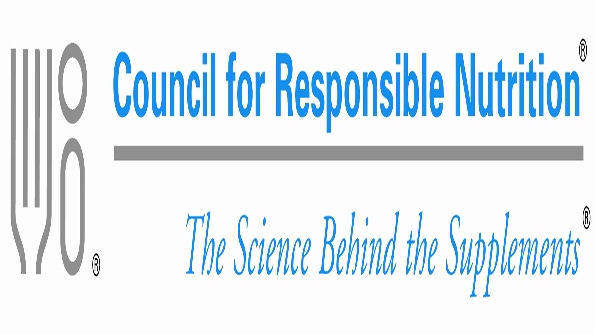New Frost & Sullivan report shows that vitamin B supplements can offer low-cost help fpr adults over 55 with coronary heart disease.
February 12, 2014

Adults with coronary heart disease (CHD) may be saying “Be mine, vitamin B” this Valentine’s day as the result of a new economic report by Frost & Sullivan, “Smart Prevention—Health Care Cost Savings Resulting From the Targeted Use of Dietary Supplements,” commissioned through a grant from the Council for Responsible Nutrition Foundation (CRNF). The new report demonstrates that use of vitamin B dietary supplements in adults over the age of 55 with CHD can reduce the number of hospitalizations related to this disease, the leading cause of death in the U.S. according to the CDC, and consequently provide individual and societal health care cost savings.
Some scientific research has demonstrated that B vitamins—B6, folic acid and B12—may have a positive role in heart health. The B vitamins help maintain healthy homocysteine levels, which, when elevated, are a risk factor for hardening of the arteries and blood clot formation.
The economic report showed that preventive intake levels of B vitamins, costing only 11 cents per day, are an inexpensive way for adults over the age of 55 with CHD to help reduce the risk of an expensive hospitalization related to their CHD. A cumulative 808,225 CHD-related medical events from 2013 to 2020 could be avoided if the targeted population took B vitamins at preventive intake levels, the report found.
“Love and romance are good for the heart, but so, potentially, are B vitamins,” said Steve Mister, president, CRNF. “Nothing says I love you quite like smart prevention, which means talking with your doctor or other health care practitioner about how you can change your lifestyle choices to minimize the chance of experiencing a costly CHD-related event. According to this economic report, taking B vitamins is something to consider.”
To achieve the report findings, Frost & Sullivan conducted a systematic review of scientific research in peer-reviewed, published studies that looked at a relationship between B vitamin intake and the risk of a CHD-attributed event. The firm then projected the rates of CHD-attributed medical events across U.S. adults over the age of 55 with CHD and applied a cost benefit analysis to determine the cost savings if people in this targeted population took B vitamins at preventive intake levels.
The full Frost & Sullivan economic report and accompanying materials, including a vitamin B infographic, are available for free at supplementforsmartprevention.org.

About the Author(s)
You May Also Like




